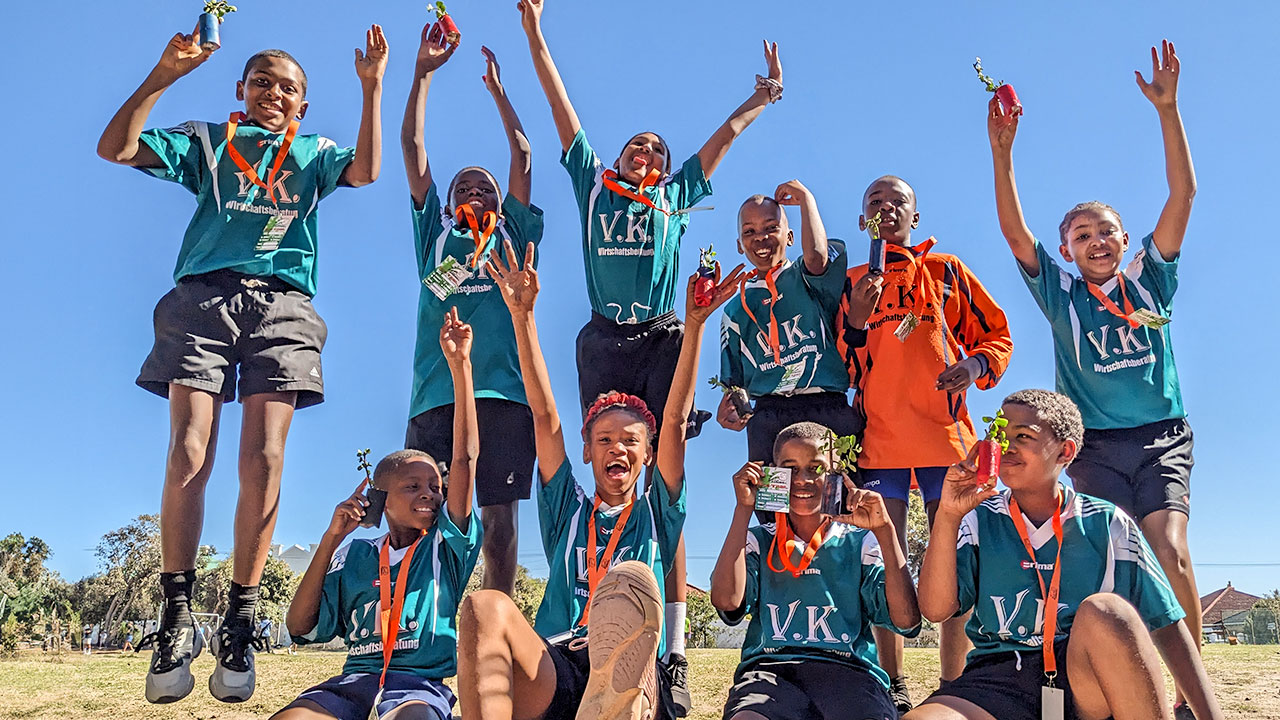Have you ever been there? You go on holiday for two weeks to relax and just when you feel you are starting to relax, the two weeks are over and the stress of everyday life starts again.
Even though volunteering abroad doesn’t seem like a holiday, the principle is the same. The only difference is that it is not about relaxation, but about your social commitment and impact in an aid project with a sustainable goal, both for yourself and for the children and young people you support in your project.
So, if you are considering volunteering as a coach in a social sports project abroad, you might want to ask yourself the following question: How long do you want your assignment to last? COACH ABROAD’s clear recommendation and requirement: at least two months. In this article we will explain why this is the case and what lies behind it.
Inhaltsverzeichnis
Make room for deeper personal experiences
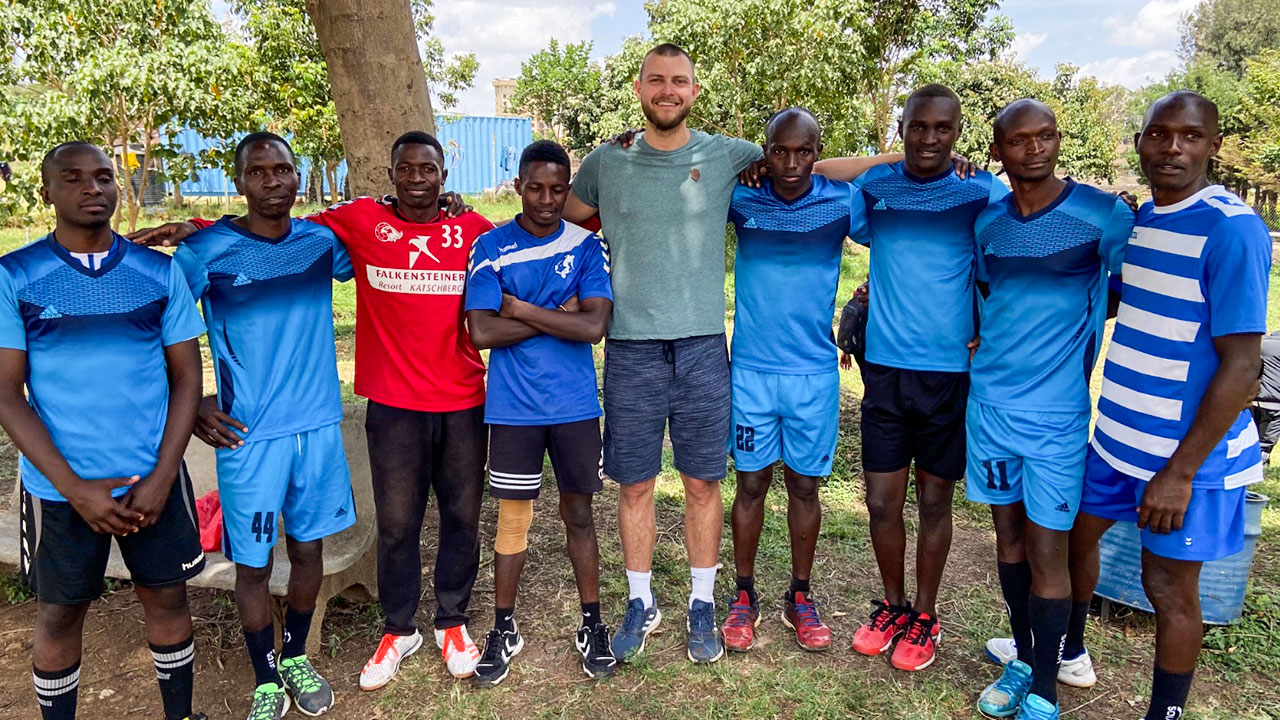
If you volunteer for at least two months, you will be able to immerse yourself in the local way of life. You will learn how everyday life really works in an environment that is foreign to you, and you will develop a deeper relationship with the people you will be interacting with in your host family and in the project.
Time is of the essence when it comes to building trust and real relationships, especially in social projects that are counting on you and your help. There is often a certain scepticism towards newcomers – especially in the knowledge that they will be leaving soon anyway.
If you are only there for a short time, it may feel like you are doing something ‘new’, but real change – whether in the community, the project or in yourself – takes time. A longer stay gives you the personal space to experience real change. Because it doesn’t happen overnight. You also need time to process what you have experienced. You can/should also reflect, learn and draw your own conclusions. Both positive and negative experiences.
In this way, you will not only experience the visible successes of your presence or work, but also understand the challenges involved. In the long term, these experiences will shape your personal (and perhaps professional) development and strengthen your ability to take responsibility and deal with complex situations. Of course, it will always depend on your character, but challenging situations will also strengthen you.
These may sound like clichés and platitudes, but our personal experience and the testimonies of volunteers confirm that lasting changes often occur in people’s lives.
Accepting challenges, thinking in solutions, overcoming difficult situations
Living and working in a foreign country for two months or more sounds like an adventure – and it is.
But sometimes it’s not so easy. You are bound to face challenges that you may not have faced in your home country. It could be cultural misunderstandings, conflicts in the host family or unexpected difficulties in the project. However, these challenges can also be an opportunity for personal growth and resilience.
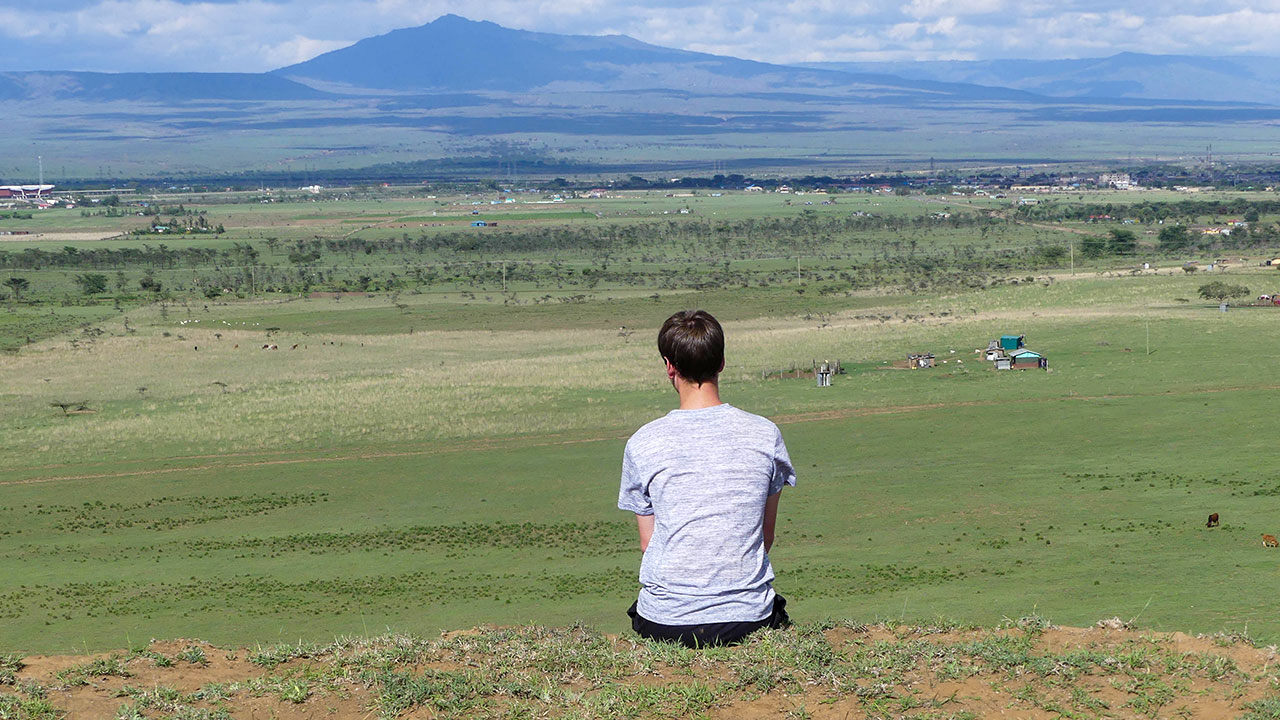
One of the most common challenges volunteers face is homesickness.
This may sound like a two-week holiday camp at school, but it can also affect adults. Especially when you are away from home for an extended period of time and it is your first extended experience abroad, there can be moments when you long for familiar people and places. This could be your family, your surroundings at home or the places where you regularly meet up with your friends.
But instead of letting this feeling overwhelm you, you can learn to deal with it and grow from it. A period of two months or more will give you plenty of opportunities to overcome homesickness. By staying in your new environment and facing the challenges, you can develop emotional strength and independence that will serve you throughout your life.
In addition to homesickness, conflicts with the host family or negative experiences in the project can also be challenges.
At such times it is important to find out what kind of conflict it is. Are they personal, emotional difficulties, cultural differences or factual problems in dealing with certain situations or people?
Open and respectful communication is usually important to find solutions rather than avoiding the situation. Learning and mastering conflict resolution is a skill that will be invaluable not only abroad, but later in your professional and personal life.
Spending at least two months in a foreign country can sometimes feel longer than it seems, especially if you don’t immediately feel at home with the culture or the people. Patience is needed – both with yourself and with your surroundings.
Have time to immerse yourself in the culture and develop understanding
To get the most out of your time abroad and to learn and benefit as much as possible outside of the project, it is important to immerse yourself in the culture you are in.
But cultural understanding takes time. It’s not enough to visit the tourist highlights of a country, try a few local dishes or take part in tourist-oriented cultural events. If you stay longer in a place and also live with a host family, you have the chance to really immerse yourself in the culture and develop a deeper understanding of the traditions, values and lifestyles of the people in the region. Make the most of this opportunity!
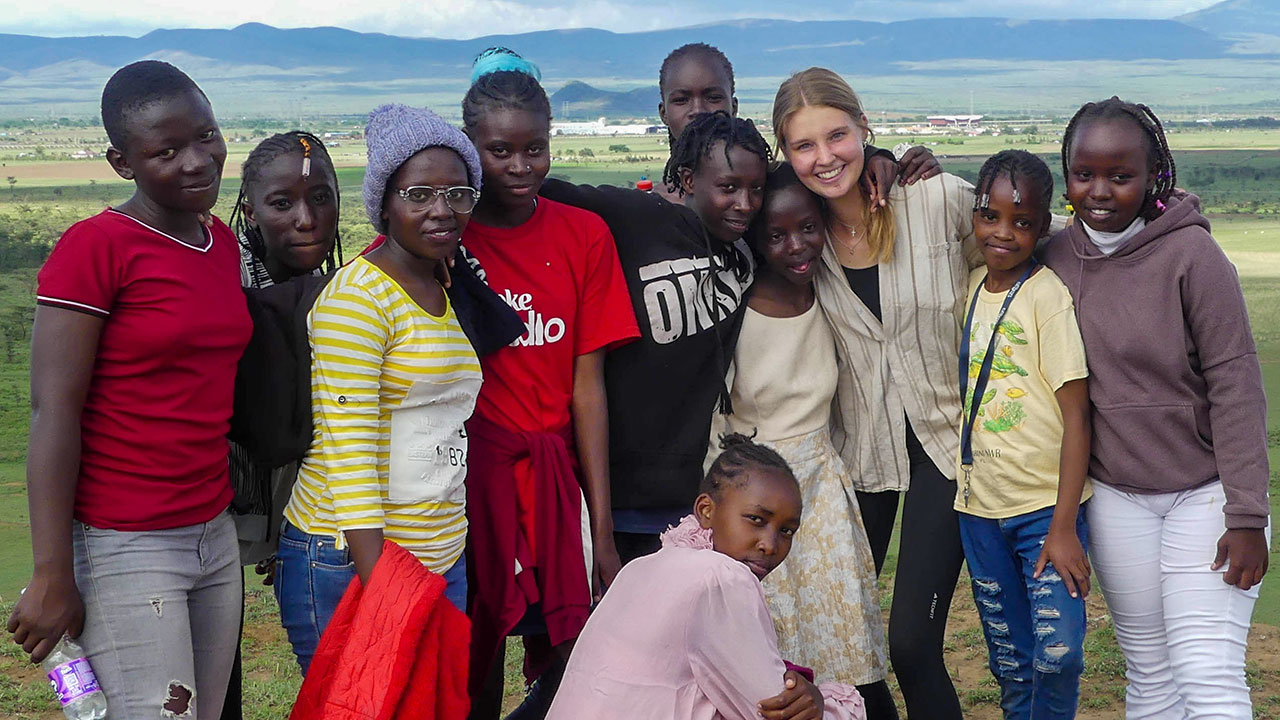
A longer stay gives you the opportunity not only to learn, but perhaps to become part of the culture.
This does not mean that you will immediately start wearing traditional clothes or completely change your world view, but you may begin to adopt local habits such as calmness, speak a few sentences in the local language and develop a deeper understanding of the everyday challenges faced by local people. This cultural immersion not only enriches your life, but also makes you more open and flexible to other people and opinions. This is invaluable in a globalised world.
Build trust, achieve sustainable impact in the project and make long-lasting friendships
The new contacts and relationships you make will have a huge impact on your overall experience and can be at the heart of your adventure abroad.
Building (good) relationships is particularly important in social sport projects. You are not only connected to a few people in your environment, but as a coach of a larger group or team, you are also an important reference person outside the respective families. Your success therefore also depends on how well you connect with local people.
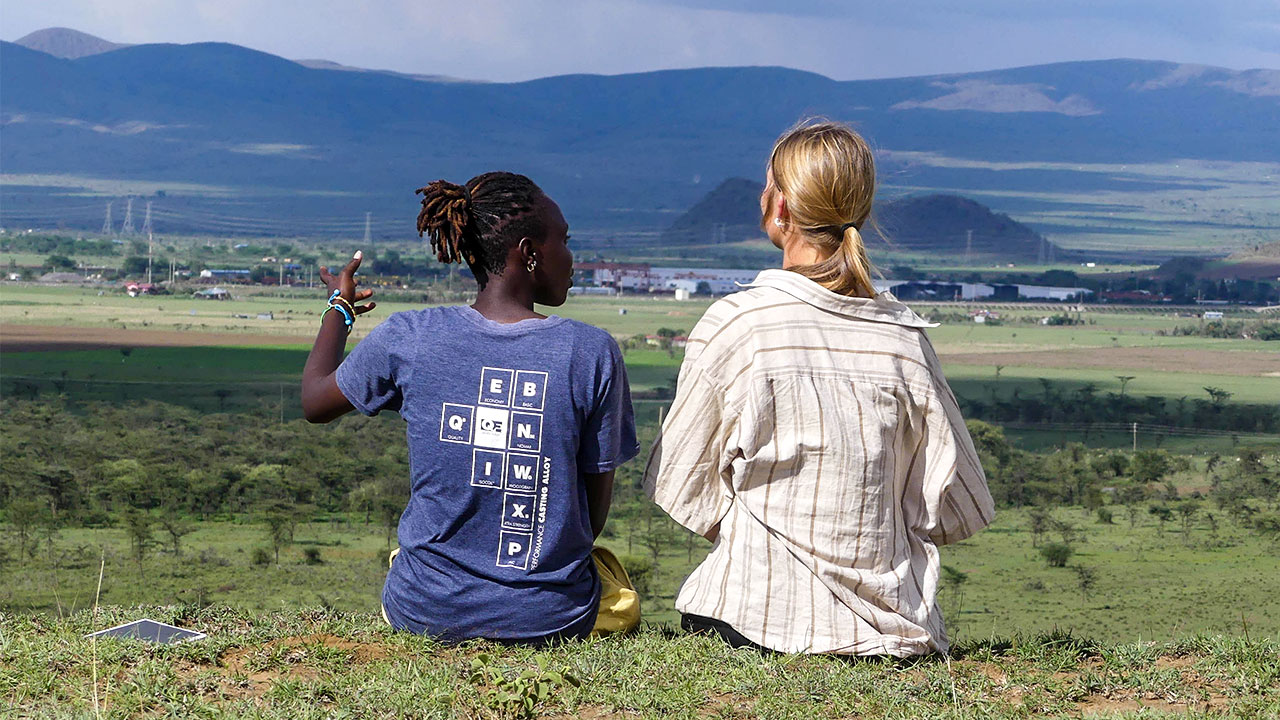
Stays of two months or more are important not only for your personal experience, but also for the projects themselves. For many social sport projects, consistency and reliability are key to success.
A major problem in some projects is the constant turnover of volunteers, which makes it difficult to achieve continuous progress. There are not always local coaches or enough local coaches to run the sessions, so volunteers are a great support. Children and young people need time to get used to a new trainer. Regular changes within a short period of time often disrupt the learning and development process.
And let’s face it, isn’t the short-term nature of volunteering, e.g. 2 weeks to a month, one of the reasons why volunteering is often perceived as voluntourism?
Depending on your qualifications, you could, for example, work with your mentor to plan and deliver long-term training programmes tailored to the specific needs of the children and young people. In this way, you will not only be developing their sporting skills, but also their personal development. Over time, you will be able to monitor their progress and perhaps even help some of them achieve their individual goals.
So if you are only there for two or three weeks, you may not have enough time to build strong and trusting relationships.
You should also consider the perspective of the children and young people you are working with. If you leave too quickly as a coach, children who have built up a relationship with you may feel let down. Of course, staying for at least two months or longer does not guarantee that you will stay ‘forever’, but it will at least give them some reassurance.
A longer stay will also allow you to get more involved in the project itself, become part of the local team and develop a better understanding of the challenges faced by some organisations. You can be part of the solution and help improve structures in the long term.
Your longer-term presence is also more valuable to the project managers. They don’t have to ‘train’ new volunteers all the time and can confidently assign certain tasks to you later on. This creates a win-win situation that benefits both you and the project in the long term.
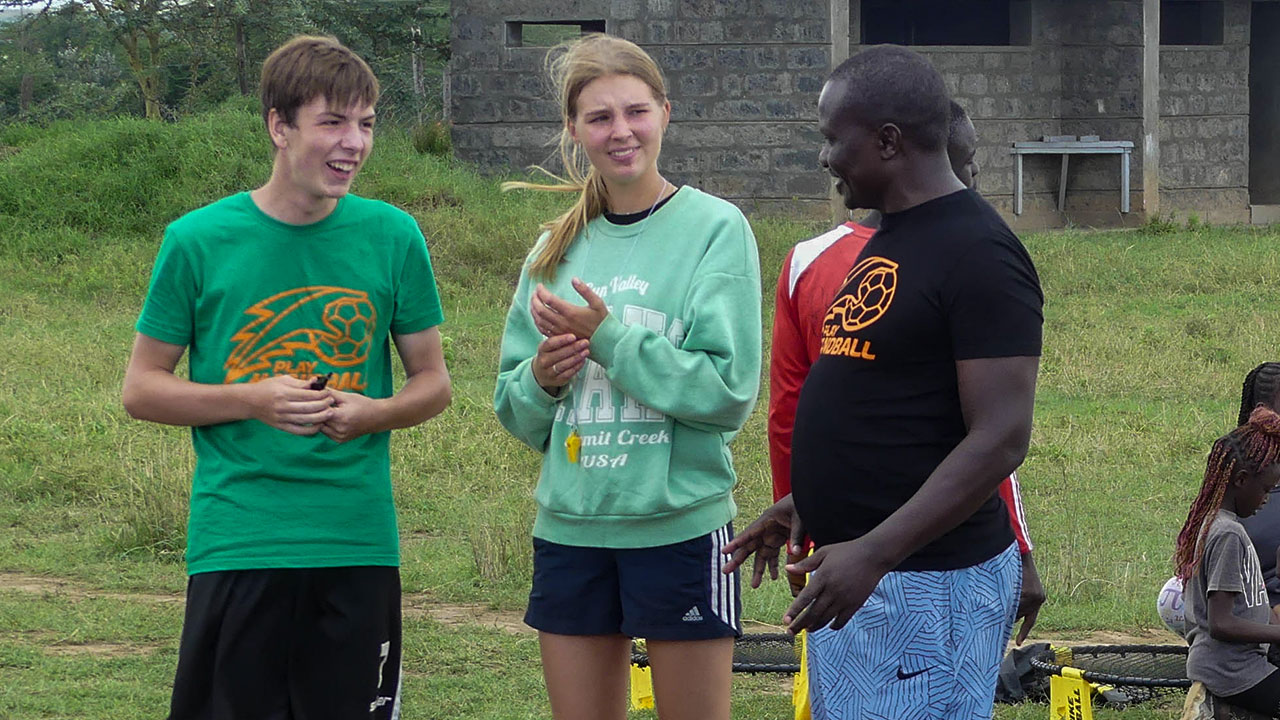
But it’s not just your protégés who benefit from long-term involvement – you can also benefit from the relationships that develop.
Beyond the sports work, you often develop closer relationships with the children’s and young people’s families and, of course, with the project staff. These friendships and networks will enrich your life and last beyond your assignment. Keeping in touch with the local people years later allows you to track the progress and success of the project, as well as your own impact as a sports coach.
Would you like to volunteer as a sports coach in a social sports project abroad for at least 2 months? Find out more now!


